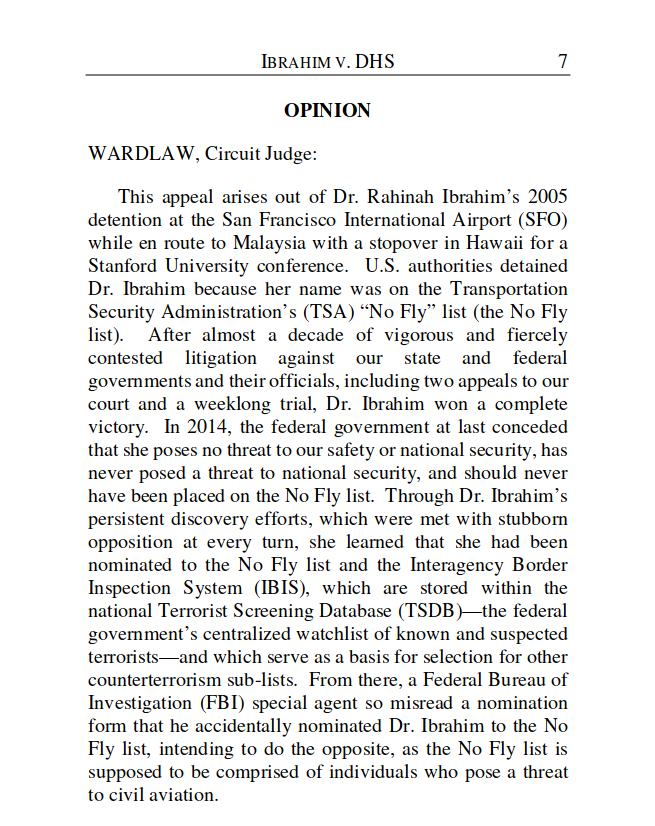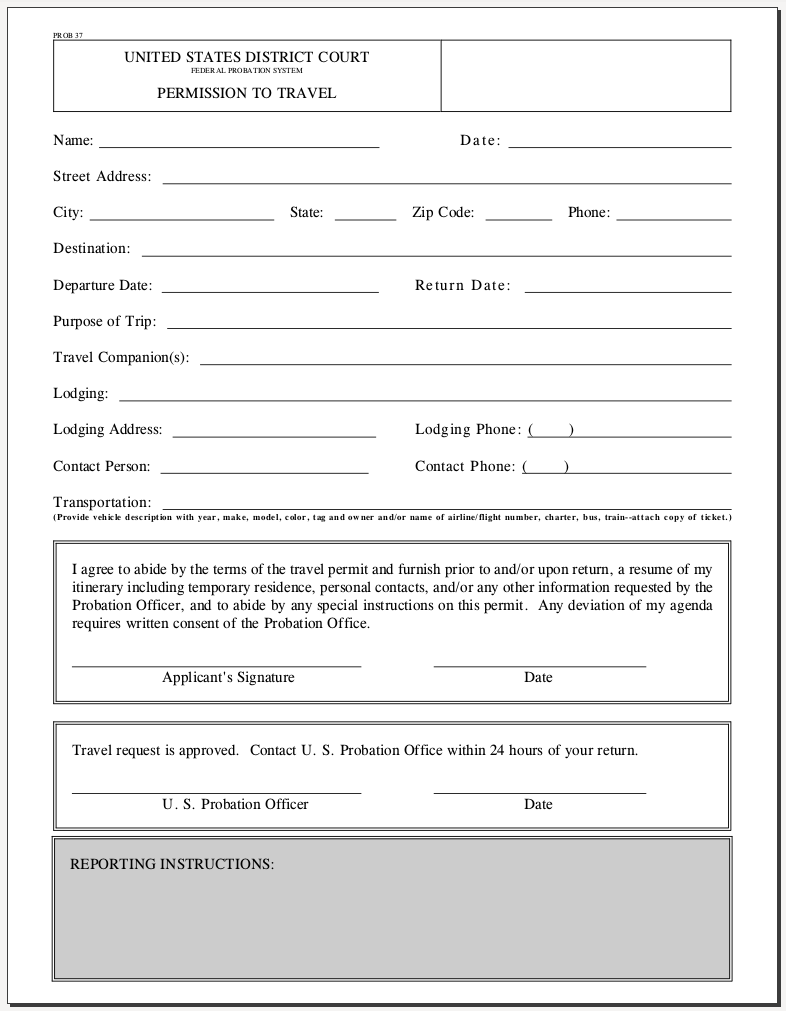9th Circuit upholds “no-fly” procedures & criteria
A 3-judge panel of the 9th Circuit Court of Appeals has upheld the government’s procedures and criteria for issuing “no-fly” orders against a complaint that the criteria (which are essentially “pre-crime” criteria based on predictions of future bad actions) are too vague to provide fair notice of what actions might lead to a “no-fly” order, and that the procedures do not provide the degree of procedural due process (notice of the accusations, an opportunity to see the evidence and cross-examine witnesses, etc.) required by the Constitution.
While the 9th Circuit panel left open the possibility of a challenge to the substantive grounds for a specific no-fly order, it upheld the government’s effort, in mid-litigation, to change the procedures for no-fly orders to keep challenges to no-fly orders out of U.S. District Courts and preclude any trial or adversarial or judicial fact-finding in such cases.
The 9th Circuit panel found that no-fly orders issued by the TSA under the current revised procedures are excluded from the jurisdiction of U.S. District Courts. TSA no-fly orders can be “reviewed” by a Circuit Court of Appeals only on the basis of a self-serving “administrative record” created by the TSA, and on the basis of a deferential standard that presumes the validity of the TSA’s fact-finding. The 9th Circuit panel did not address the Constitutionality of the applicable jurisdiction-stripping law, 49 U.S.C. § 46110, which is currently being challenged in the 1st Circuit in Sai v. Pekoske (originally Sai v. Neffenger).
The decision announced yesterday in Kashem v. Barr may be the worst appellate court decision against freedom of travel since the 2006 decision by the 9th Circuit Court in Gilmore v. Gonzales.

